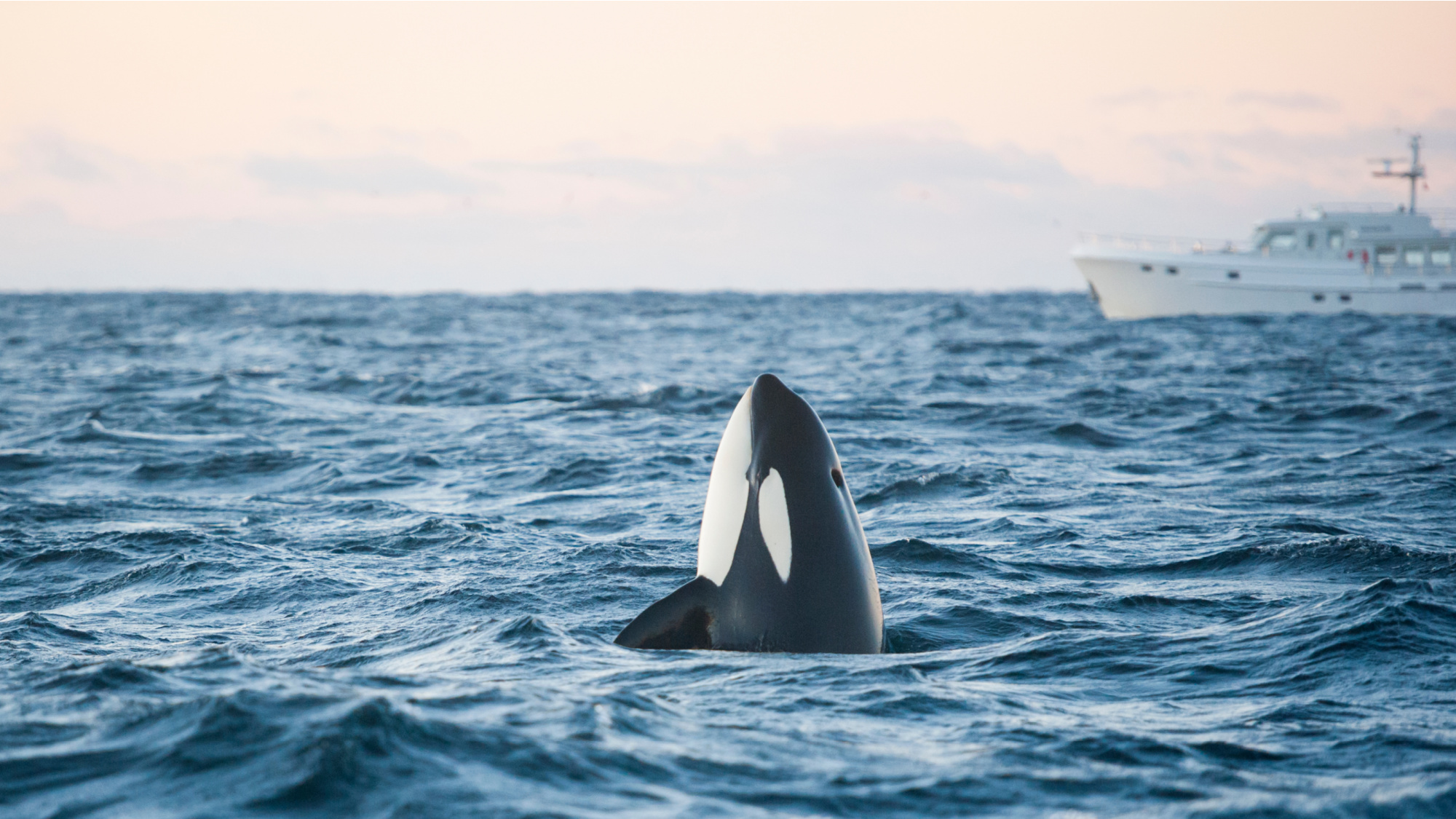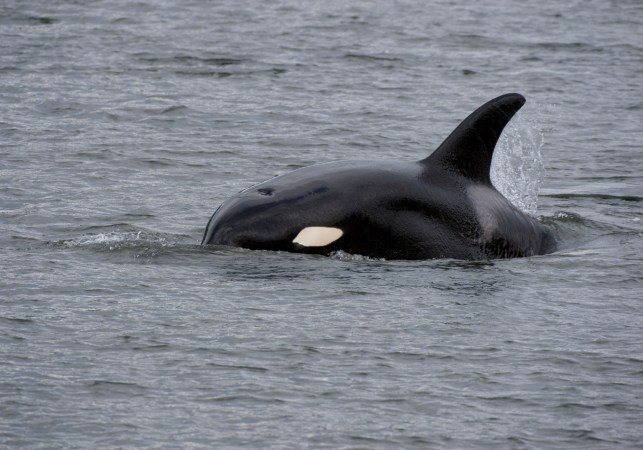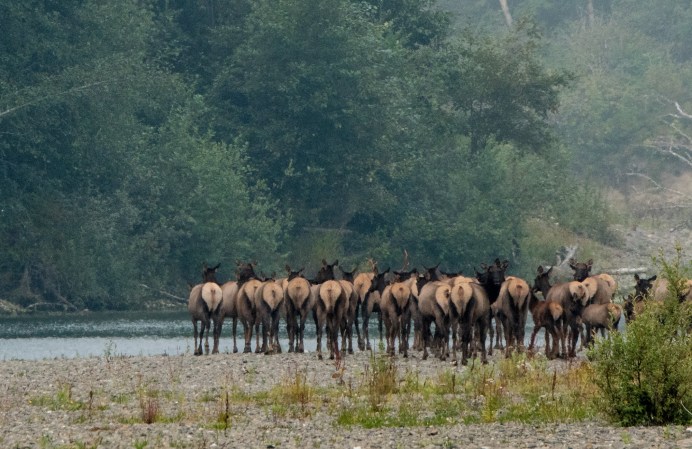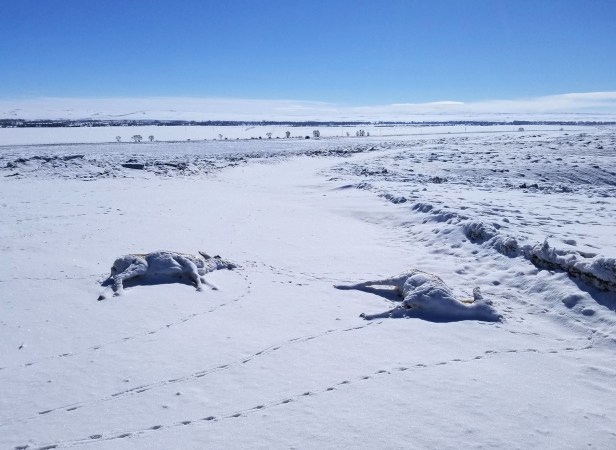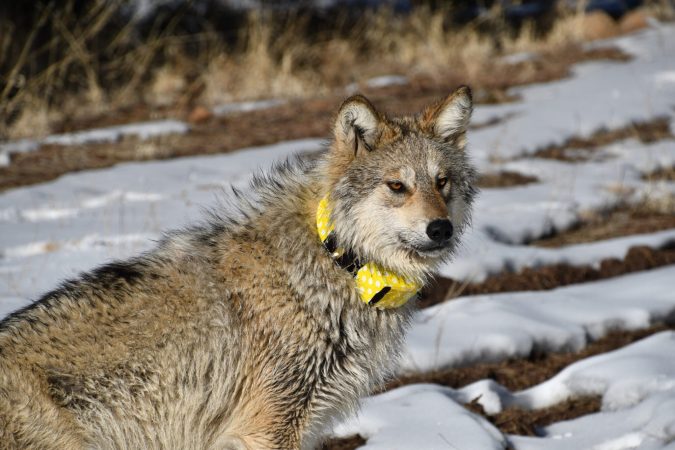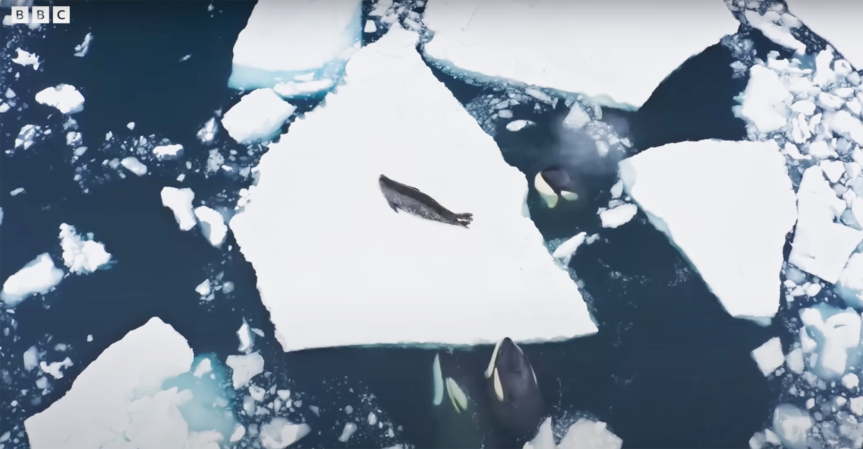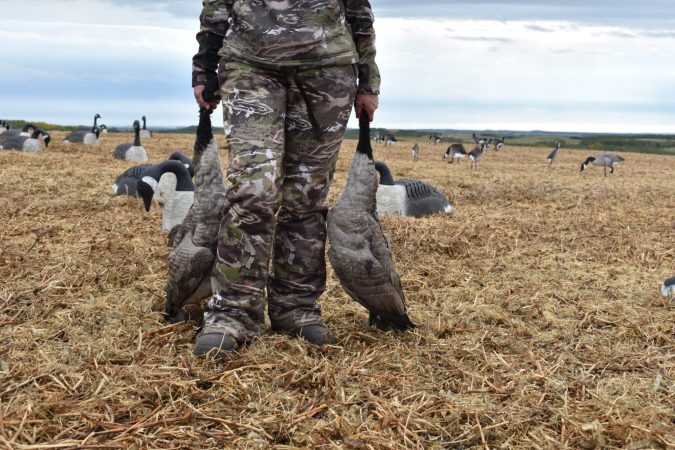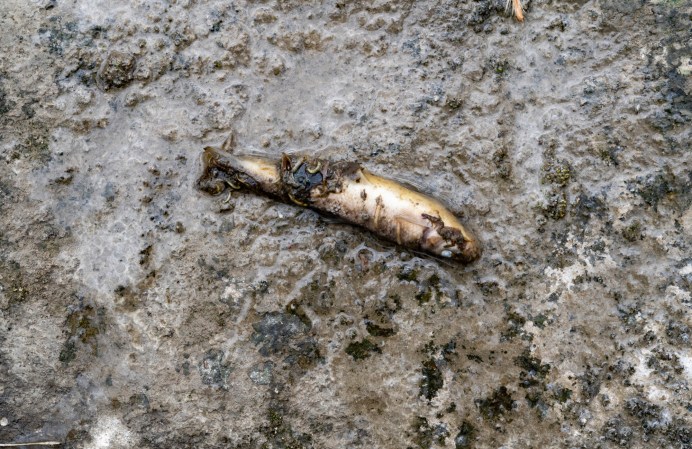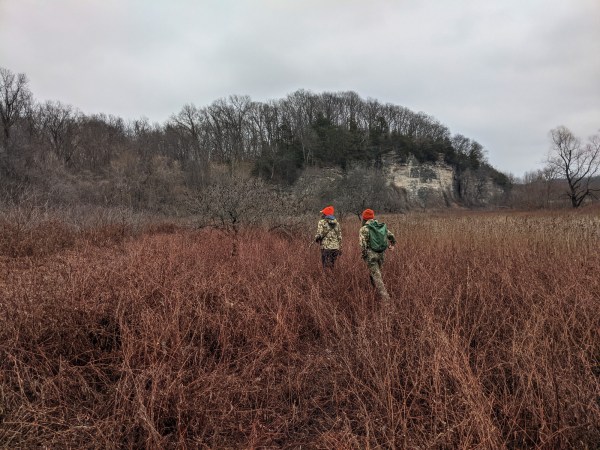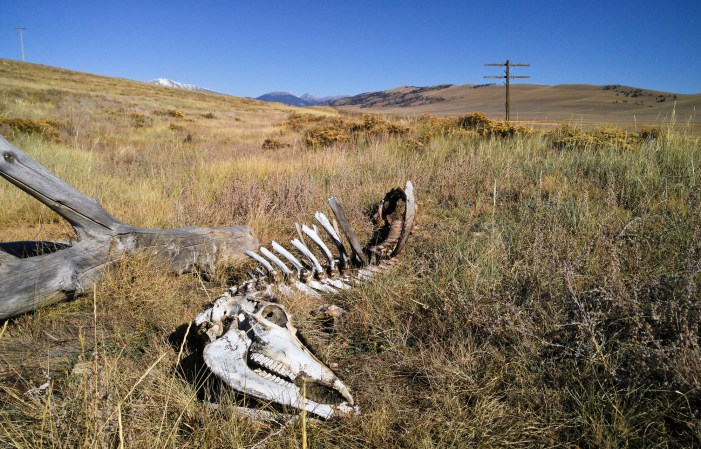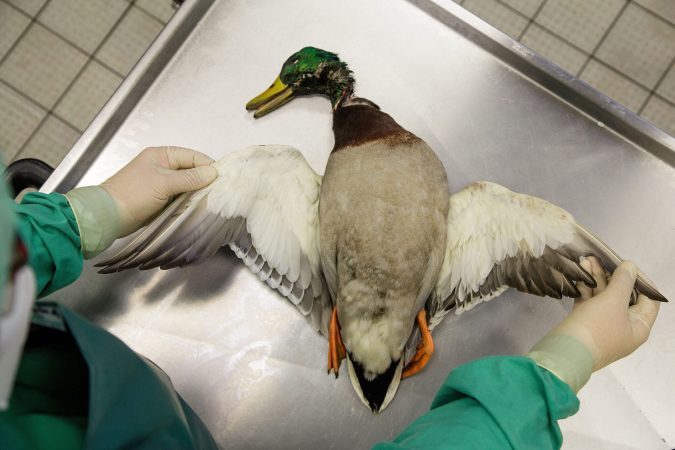Humans and orcas have a lot in common. Research shows killer whales feel a range of emotions, engage in play, and show affection. Orcas, like humans, also get hooked on fads. They learn behaviors from each other, specifically from younger orcas. That learned behavior can spread around a pod and even between pods; three separate pods of orcas carried dead salmon on their heads for a few weeks in 1987.
But the latest fad among the endangered subpopulation of Iberian orcas, which live in the Strait of Gibraltar between the southern coast of Spain and the northern coast of Morocco, involves attacking boat rudders. The most recent target of this behavior was the Champagne, a Swiss sailing yacht that sank while being towed to shore after three orcas damaged its rudder on May 4. Before this incident, the orcas also sank sailboats in July and November 2022. (All passengers in the three incidents were safely rescued.)
The recurring pattern has become the focus of much research since the first incident in May 2020. One study from the journal Marine Mammal Science details at least 49 incidents in which orcas made contact with boats in 2020 alone. Researchers recorded a total of 505 interactions between orcas and boats—ranging from orcas simply swimming toward the boats to damaging them—since 2020. Check out this footage from an orca encounter in October 2021 off the coast of Portugal:

“It is a rare behavior that has only been detected in this part of the world,” Alfredo Lopez, an orca researcher with the Atlantic Orca Working Group, told Scientific American.
Teaching Young Killer Whales to Attack Boats
Two pods of orcas are to blame for most of the mischief in the area. One is a pod of three juveniles and the other is a mixed-age group led by a female known as “White Gladis.” Other members include two of White Gladis’ offspring and two of her sisters. Researchers hypothesize that White Gladis had a negative experience with a boat at some point in her life—perhaps an entanglement with a net or a direct strike from a propeller—that would cause her to act aggressively toward boats. Now, there’s a chance she has taught this behavior to other orcas. Nine in total have been identified as whales that have attacked boats.
Greg Blackburn, an experienced sailor from Leeds, U.K., witnessed what he thought was teaching behavior when an orca with two calves started ramming his boat on May 2 near Tangier, Morocco.
“You can see … the matriarch coming up and attacking the rudder with [the] calf [beside] her, then she drops back and then the little calf gets in to have a go,” he told 9News. “It was definitely some form of education, teaching going on.”
Blackburn manipulated the sails on his boat to “be as boring as possible” when he figured out the orcas were there. This is in line with what the Cruising Association and the Atlantic Orca Working group recommend when orcas start interfering with a boat; power it down, unfurl the sails, and disconnect autopilot. Eventually, the orcas swam away, but not after doing some serious damage to Blackburn’s vessel.
Read Next: New Evidence Shows How Effective Killer Whales Are at Hunting Great Whites and Other Sharks
“Obviously that was hard enough with everything that was happening,” he said. “[But] there was nothing we could really do.”

